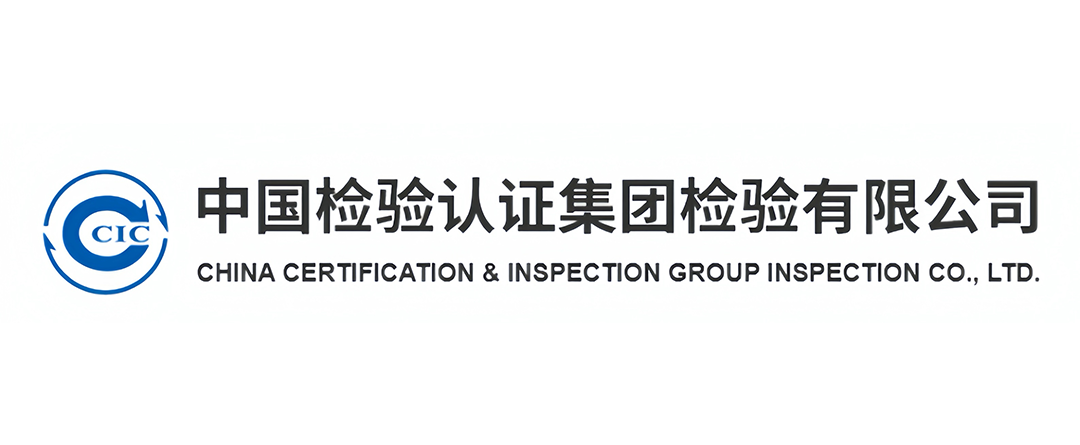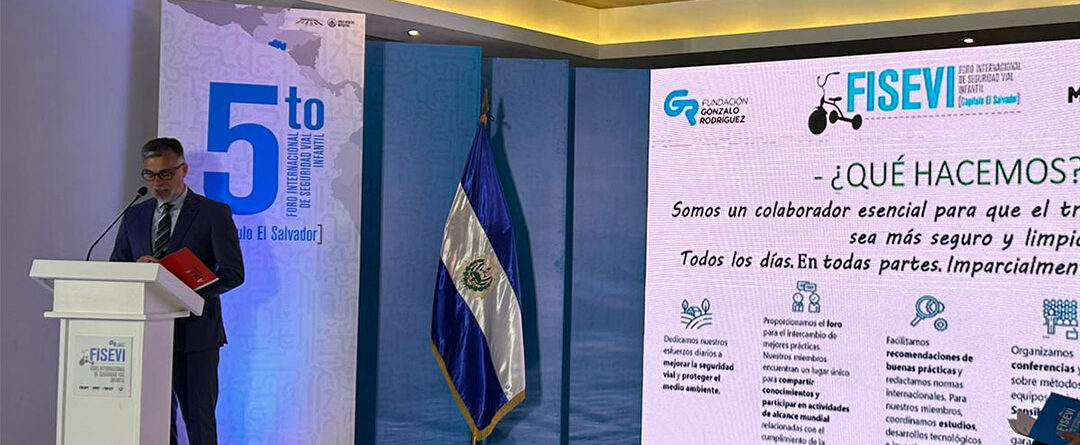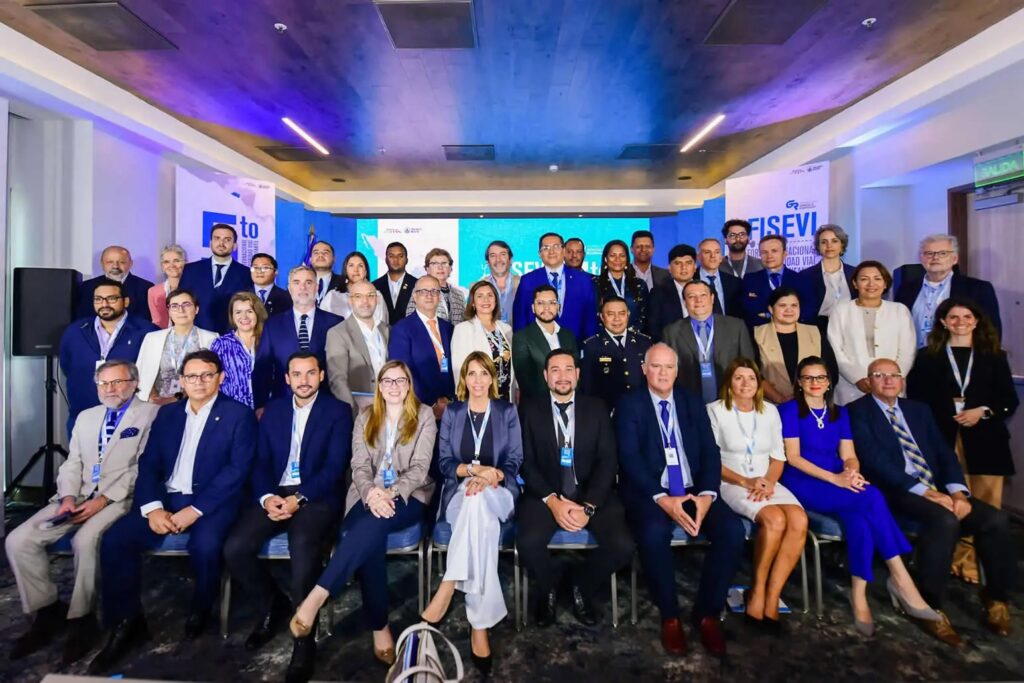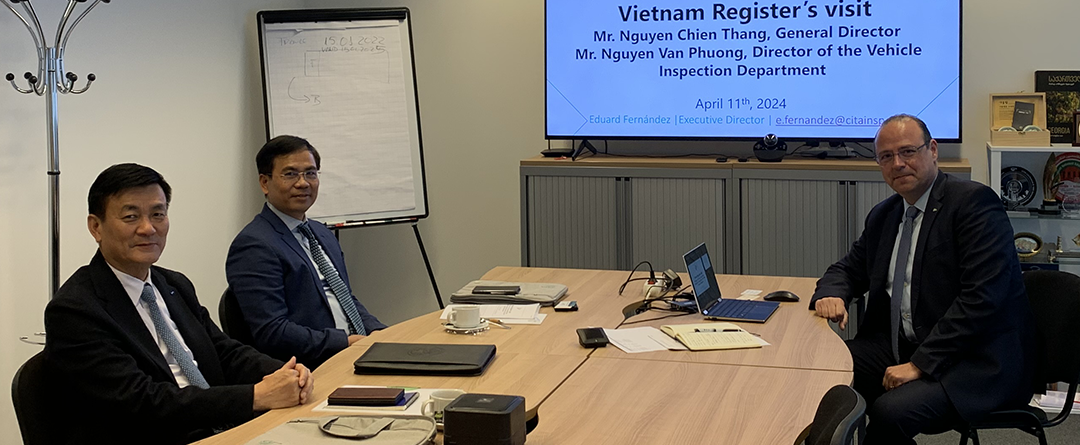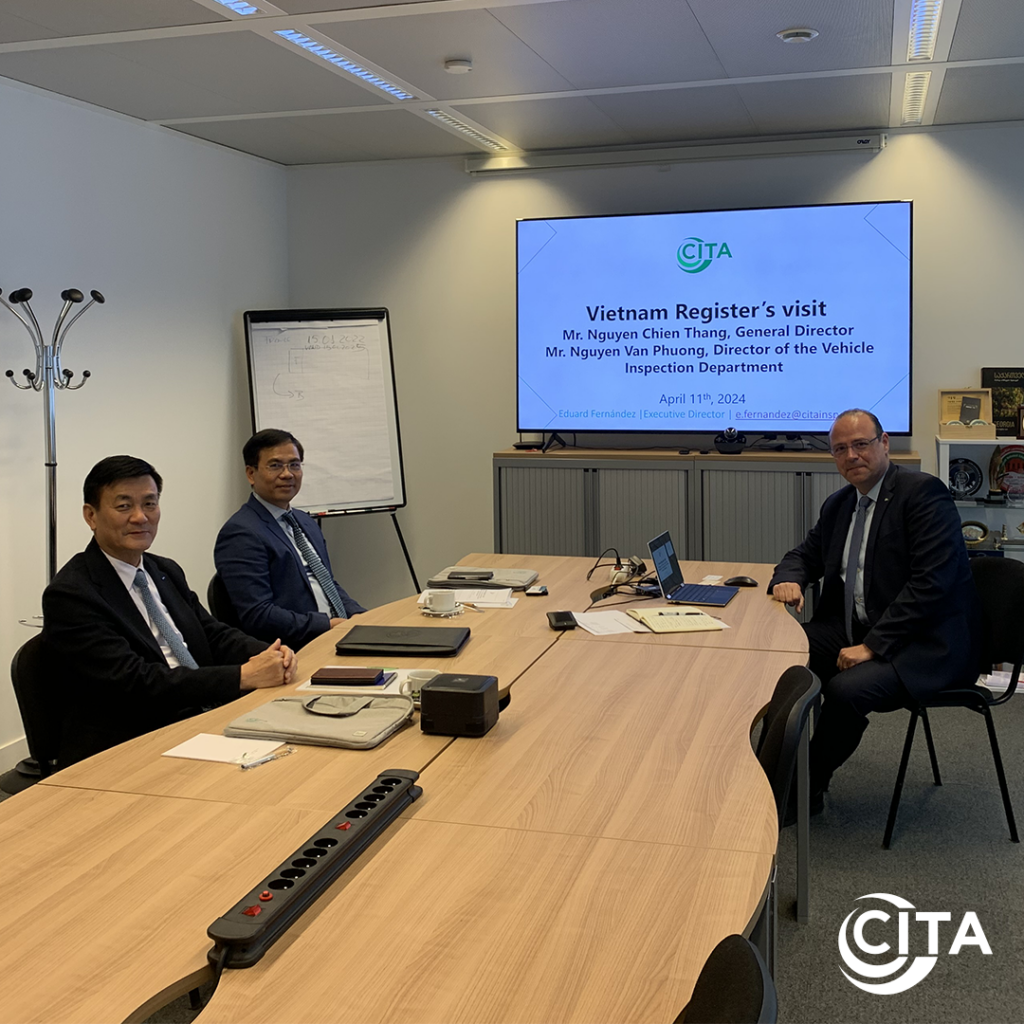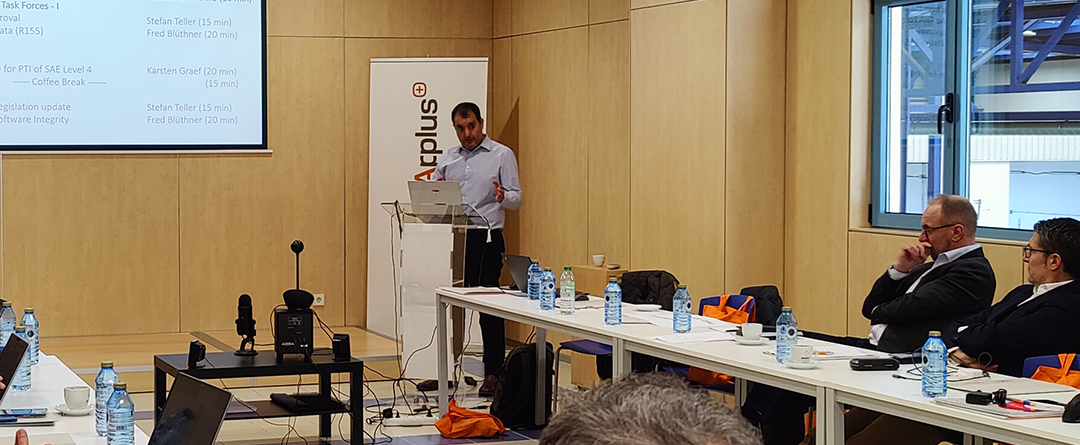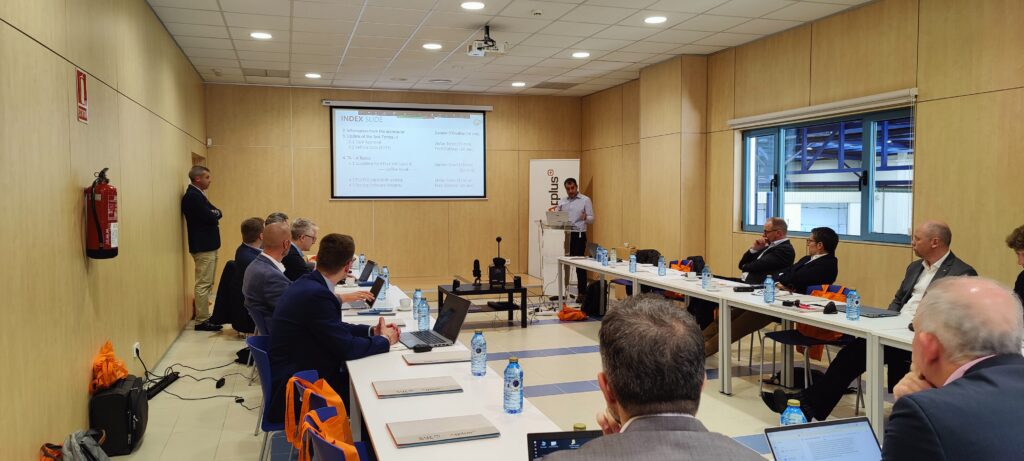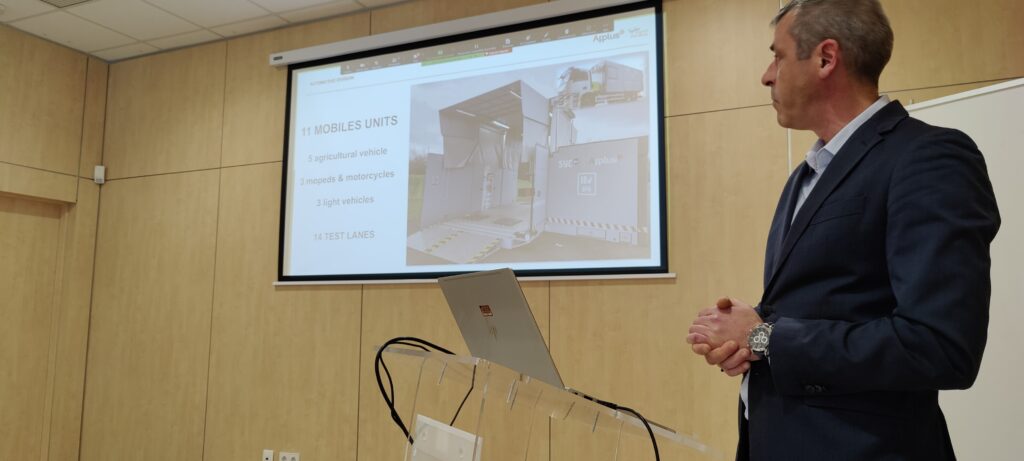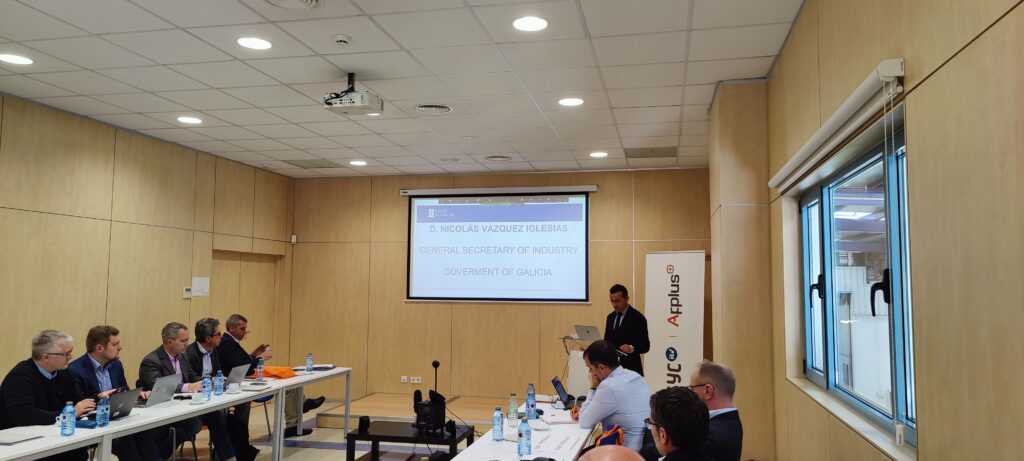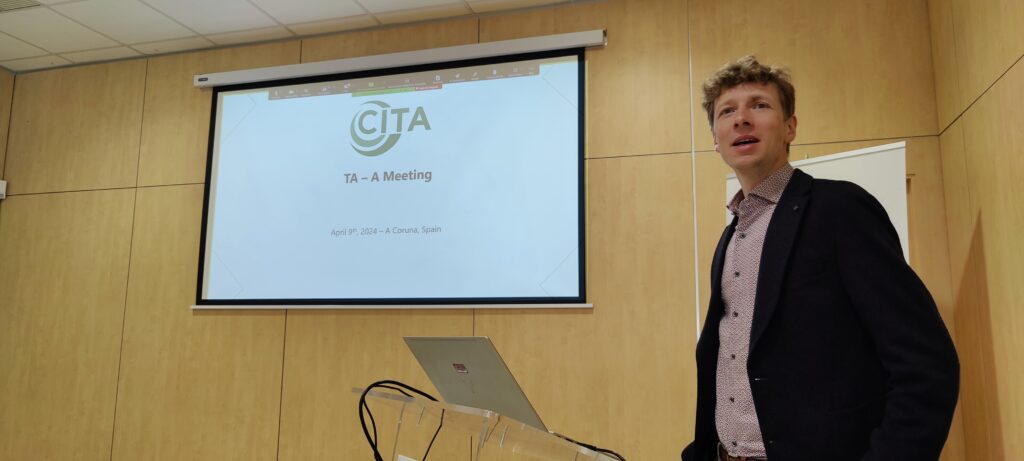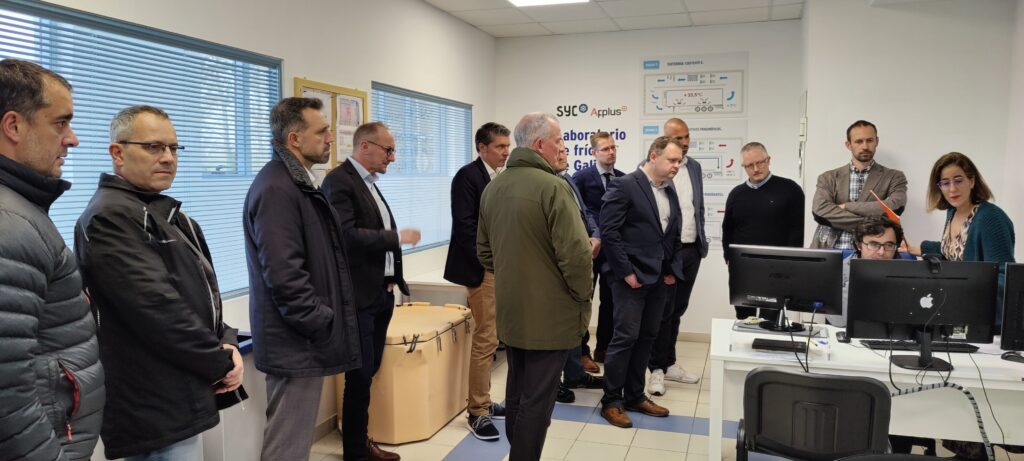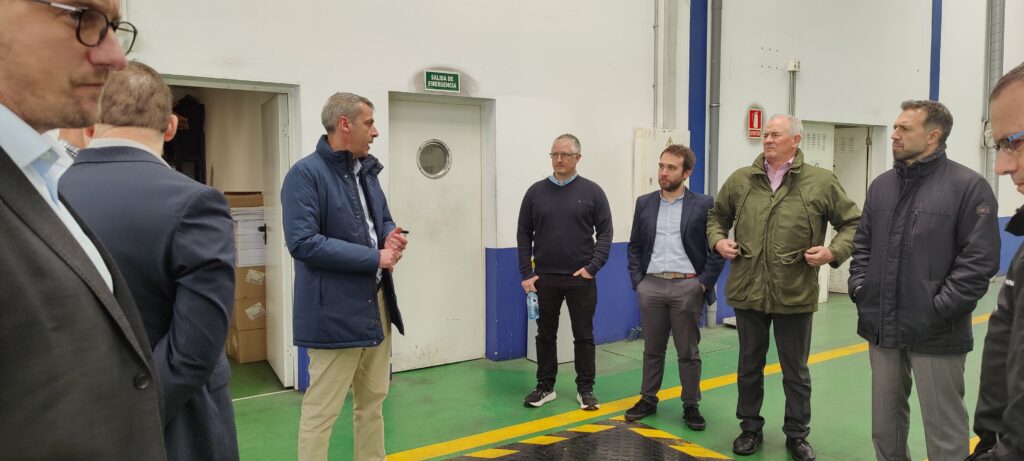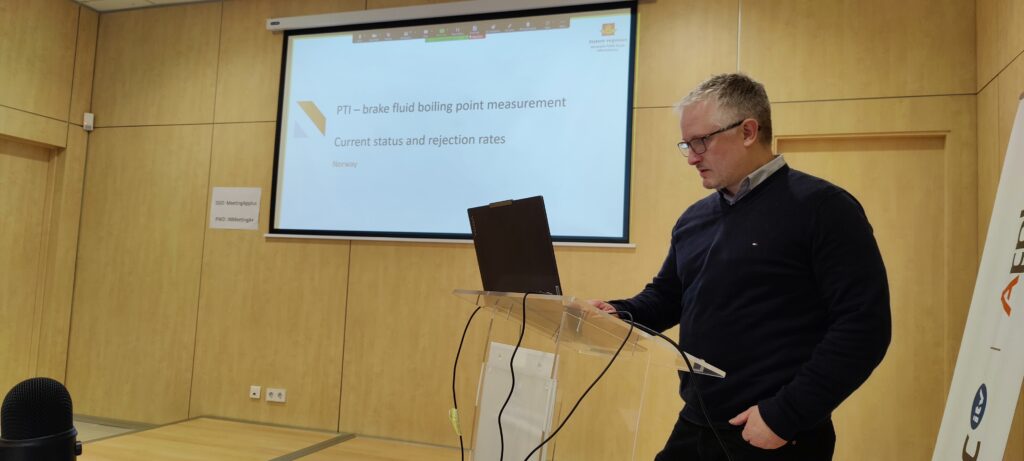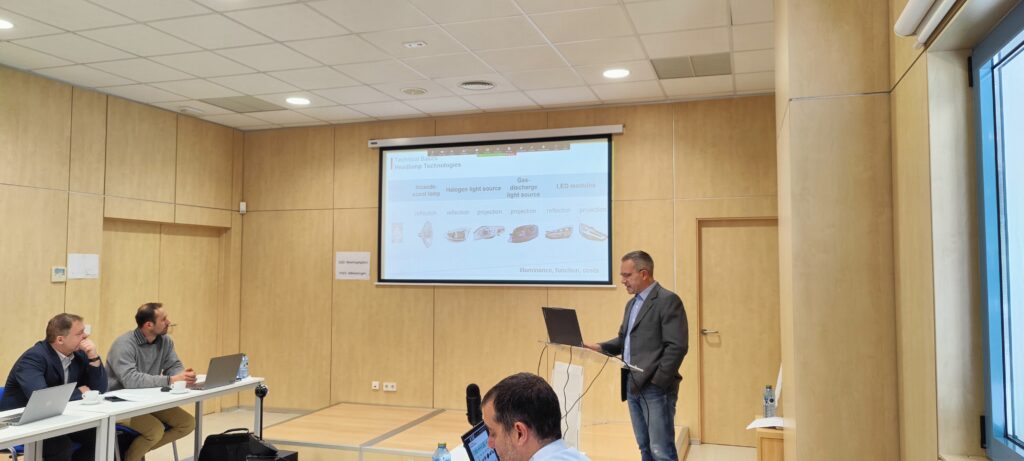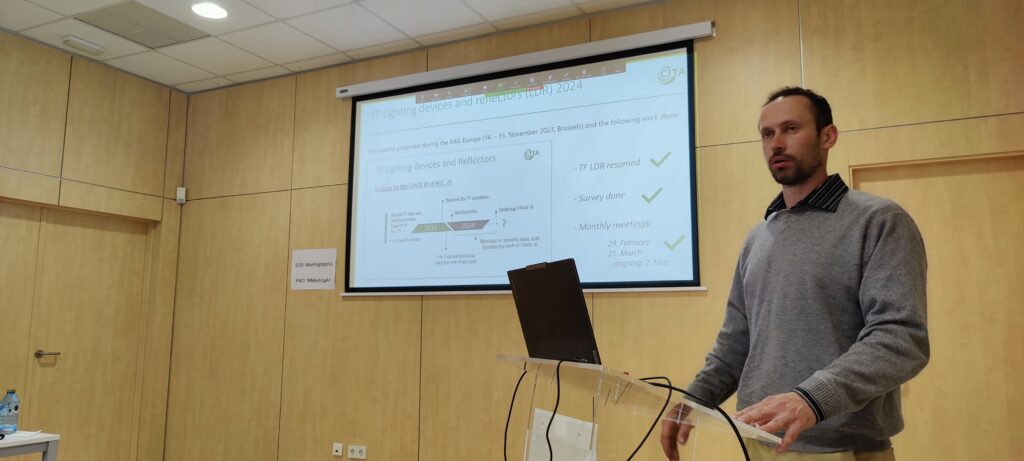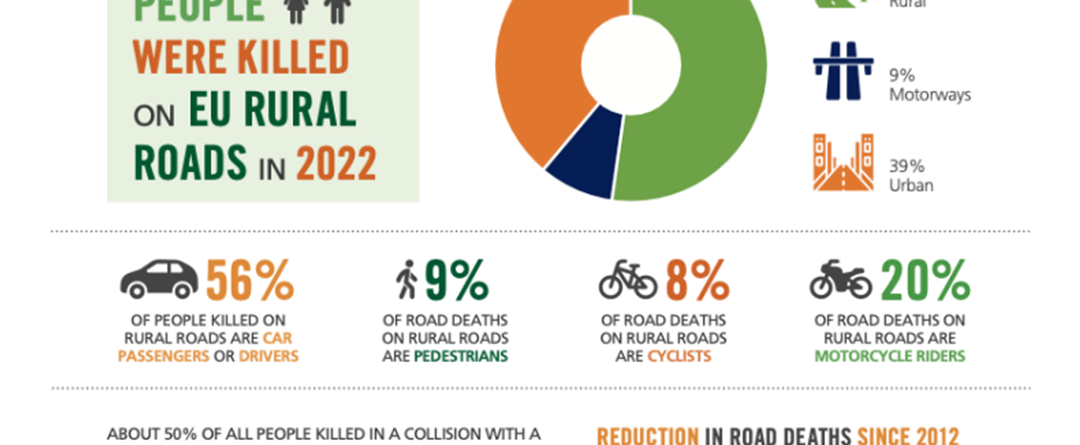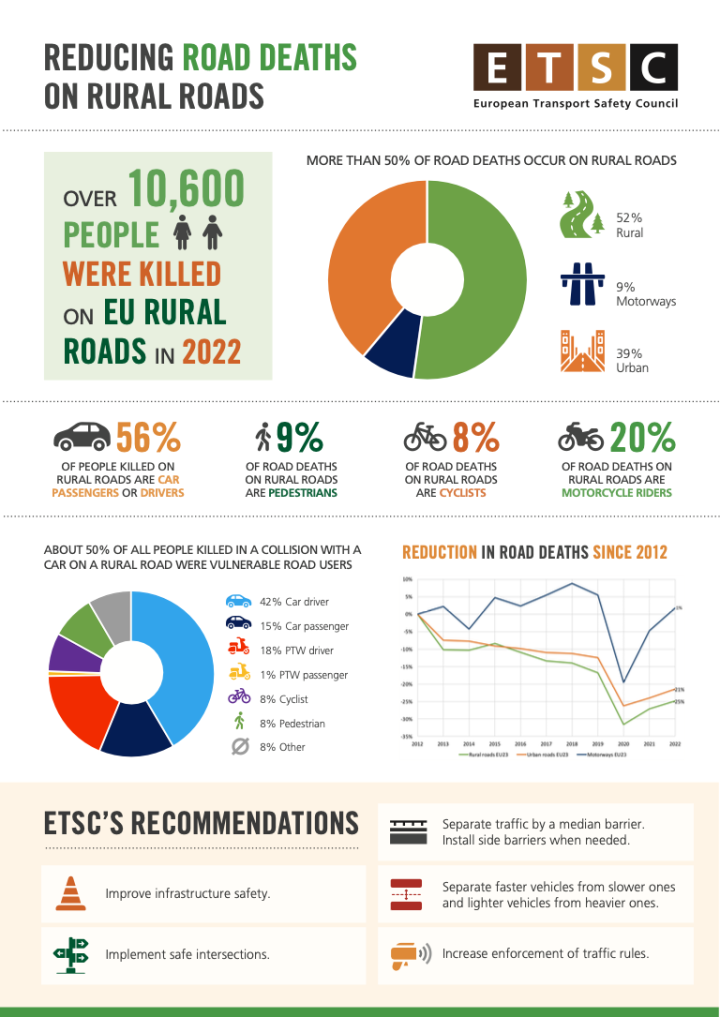Overview of the New EU Regulation on Vehicle Emissions & Battery Durability
The European Union has enacted Regulation (EU) 2024/1257, a legislative measure aimed at improving the environmental standards for motor vehicles within the member states. This regulation introduces stringent type-approval requirements for motor vehicles and their engines, focusing specifically on emissions and battery durability. The legislation is a part of the broader EU Green Deal initiative, which seeks a climate-neutral, clean, and circular economy by 2050.
Key Points:
- Zero Pollution Goal: By 2030, the regulation supports the EU's objective to achieve zero pollution, enhancing air, water, and soil quality by minimizing harmful emissions from vehicles.
- Unified Standards: The new regulation consolidates and repeals several older regulations to create a uniform system for emission type-approvals for both light-duty and heavy-duty vehicles across the EU.
- Advanced Technology Integration: The legislation encourages the integration of advanced technologies in vehicles, such as on-board monitoring systems and improved battery performance metrics, to ensure compliance with emissions and durability standards throughout a vehicle's operational life.
- Social and Economic Considerations: The regulation also addresses the socio-economic impacts of transitioning to cleaner mobility, emphasizing affordability, the preservation of industry competitiveness, job creation, and workforce skills development.
- Market Surveillance and Compliance: Enhanced market surveillance mechanisms are put in place to ensure strict compliance with the regulation, incorporating substantial penalties for non-compliance.
- Future Adaptations: The document allows for future amendments to incorporate advances in vehicle technology and emissions science, ensuring the regulation remains relevant and effective.
- Automotive Manufacturers: Required to adapt their production lines to meet stricter emissions and battery durability standards.
- EU Member States: Must update national regulations and enforcement practices to align with EU standards.
- Consumers: Will see a market shift towards more durable and environmentally friendly vehicles.
Regulation (EU) 2024/1257 represents a step forward in the EU's commitment to environmental sustainability and public health protection. It sets a framework for reducing vehicle emissions and enhancing battery durability, aligning with global environmental goals and technological advancements.
- Title: Regulation (EU) 2024/1257
- Adopted by: European Parliament and Council
- Date of Adoption: 24 April 2024
- Implementation Date: 8 May 2024
- Relevance: Applicable throughout the European Economic Area (EEA)




